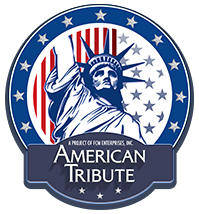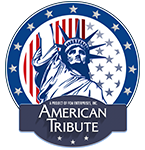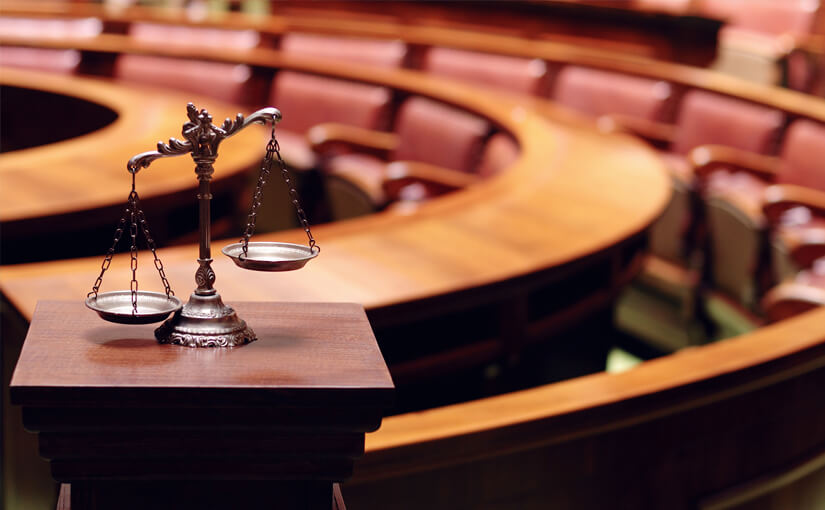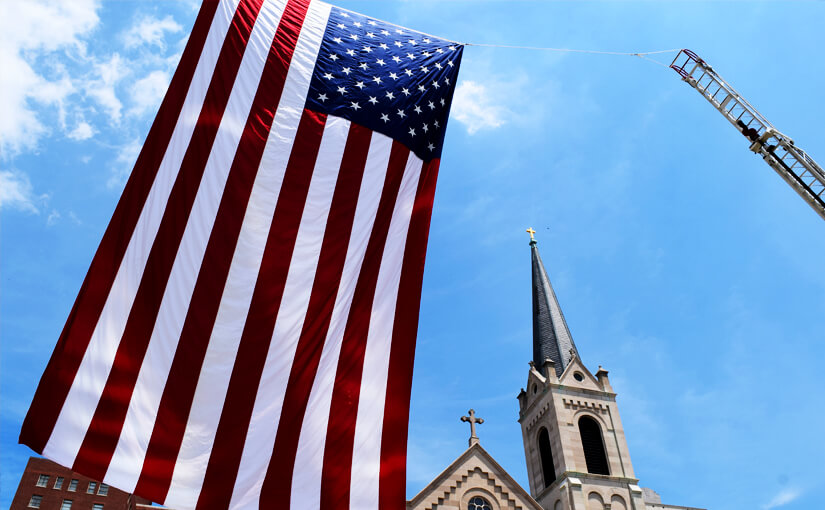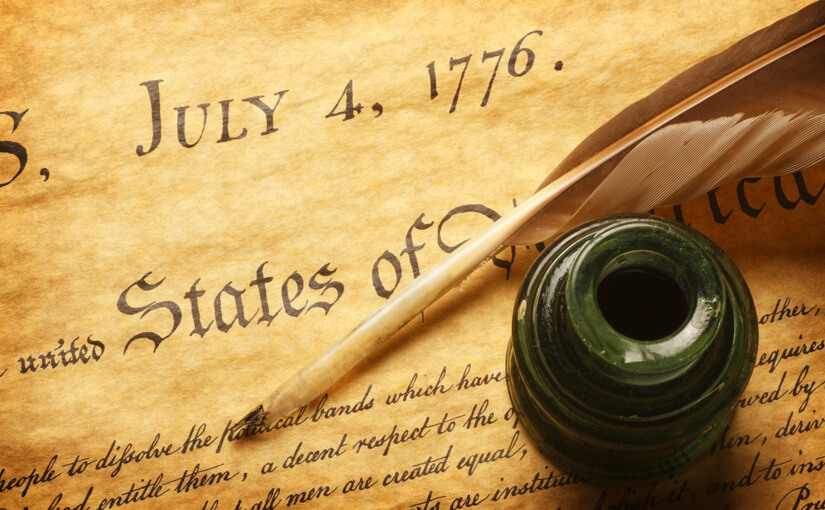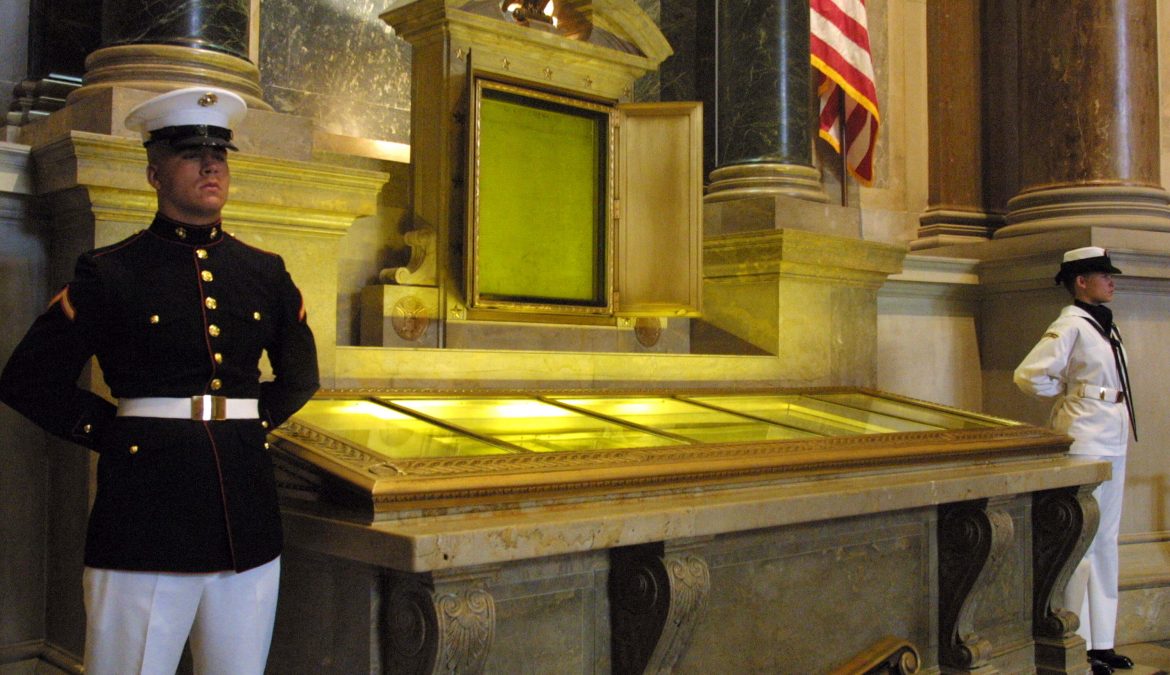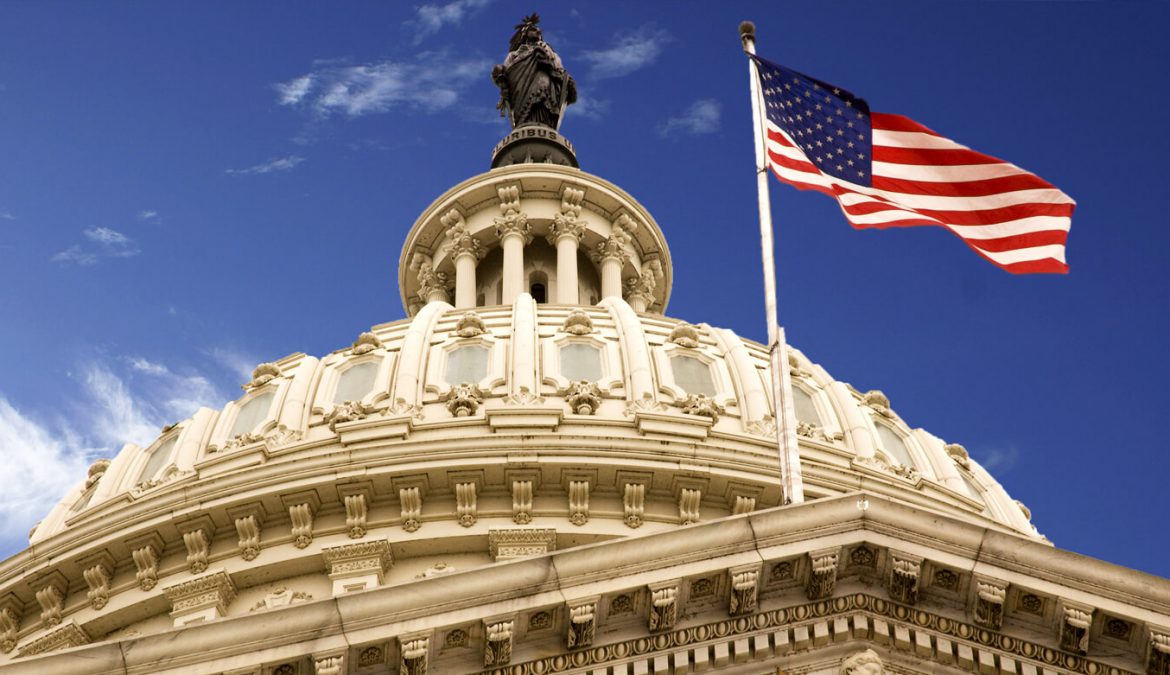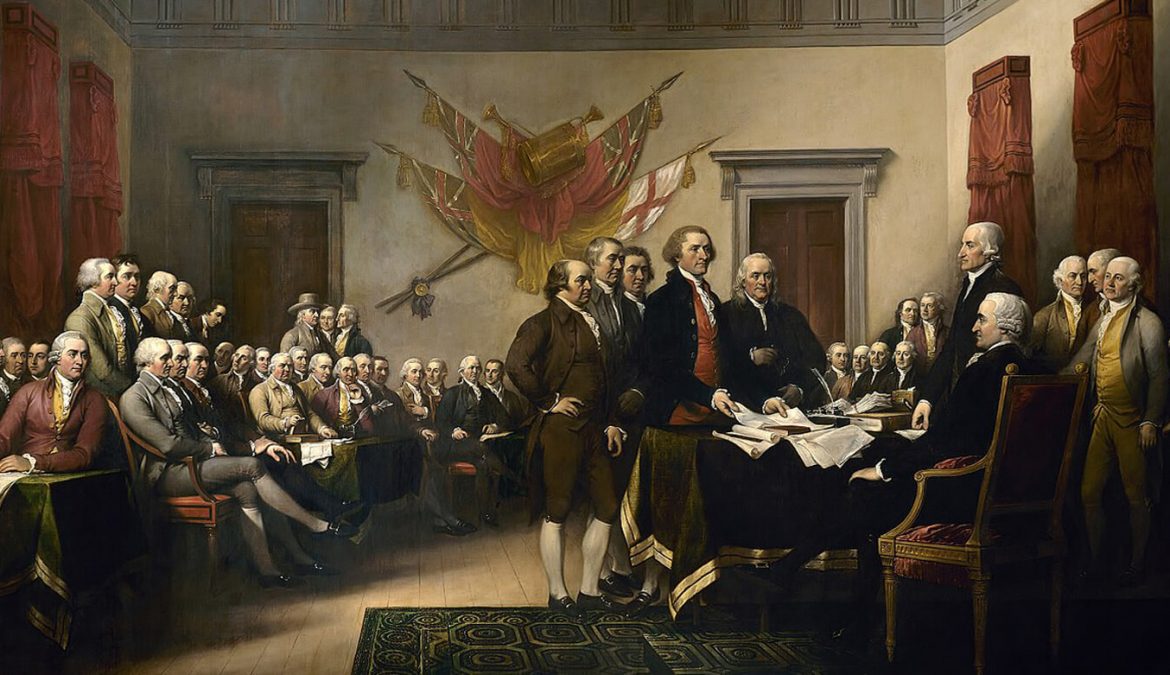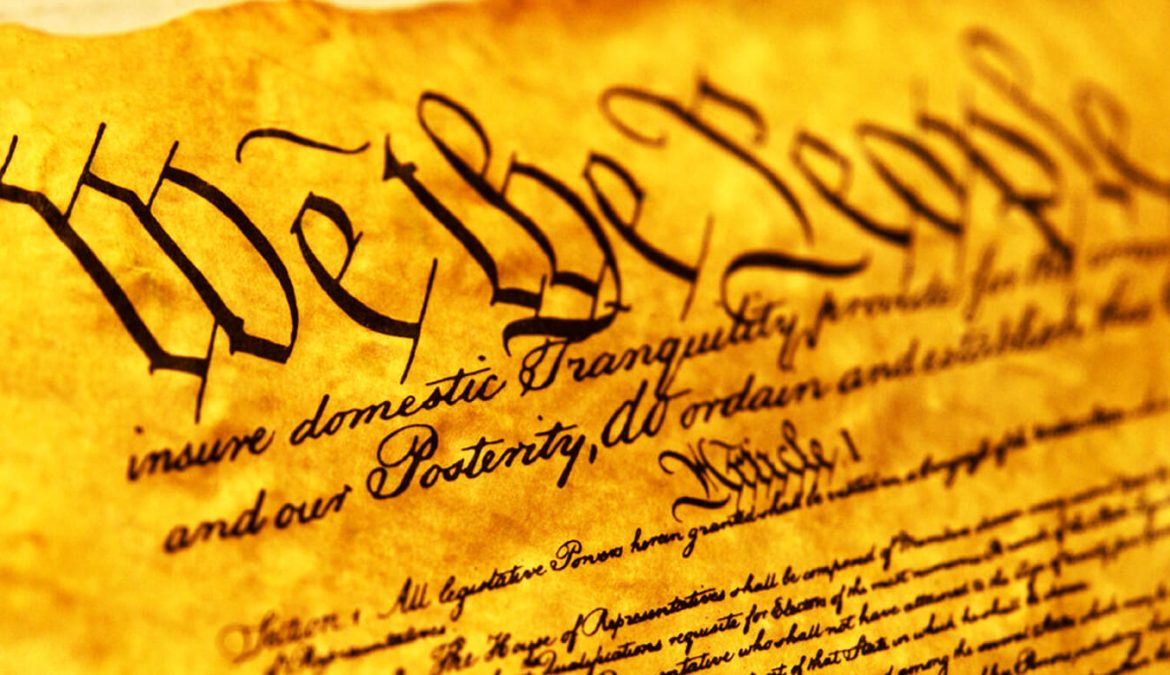- Everyone must follow the law.
- Leaders must obey the law.
- Government must obey the law.
- No one is above the law.
John Adams was one of the Founding Fathers and the second president of the United States. He wrote that our country is, “a government of laws, and not of men.”
No person or group is above the law. The rule of law means that everyone (citizens and leaders) must obey the laws. In the United States, the U.S. Constitution is the foundation for the rule of law.
The United States is a “constitutional democracy” (a democracy with a constitution). In constitutional democracies, people are willing to obey the laws because the laws are made by the people through their elected representatives. If all people are governed by the same laws, the individual rights and liberties of each person are better protected.
The rule of law helps to make sure that government protects all people equally and does not violate the rights of certain people.
** As you prepare for U.S. citizenship, Learn About the United States: Quick Civics Lessons will help you study for the civics and English portions of the naturalization interview. There are 100 civics (history and government) questions on the naturalization test. During your naturalization interview, you will be asked up to 10 questions from the list of 100 questions. You must answer correctly six (6) of the 10 questions to pass the civics test.
